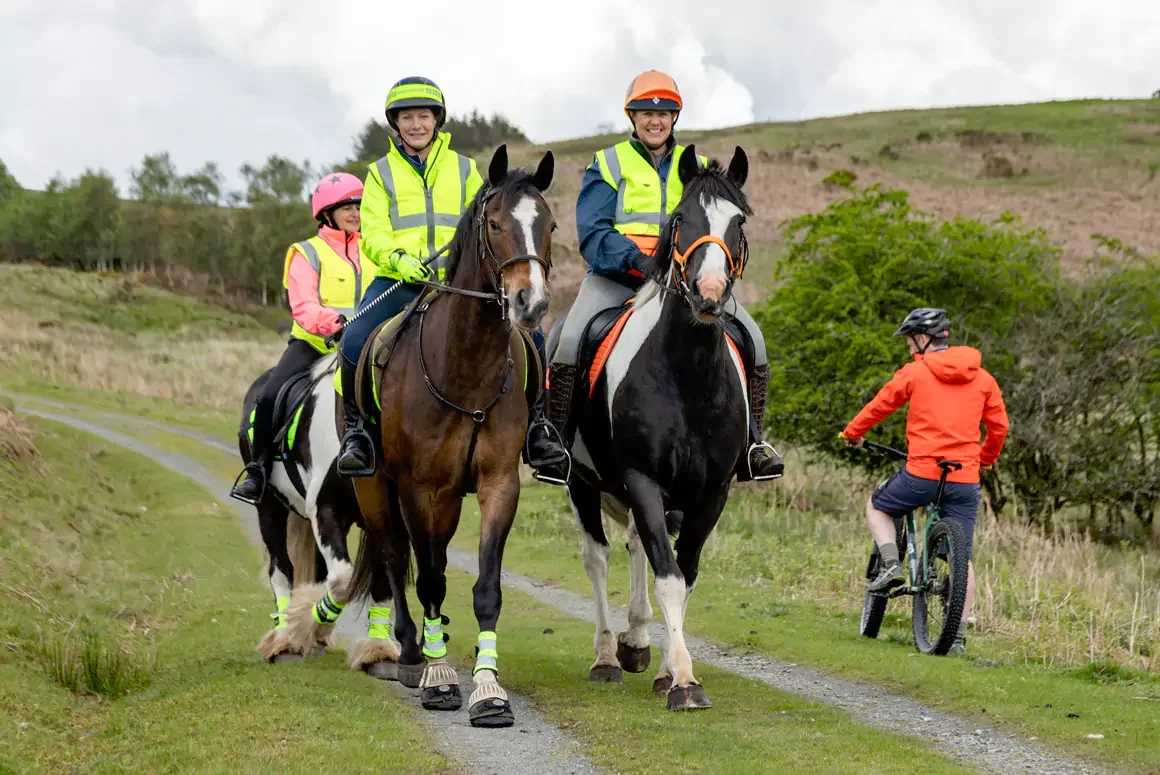The Welsh government is expected to repeal the guillotine for recording public paths writes the Open Spaces Society.
The Welsh government has beaten Westminster to it. While the Department for Environment, Food and Rural Affairs made its welcome boxing day announcement – that it will abolish the 2031 cut-off for recording public paths – it has yet to find the parliamentary opportunity.
In Wales, the cut-off date remains 1 January 2026. However, the Welsh government has incorporated amendments into the Legislation (Procedure, Publication and Repeals) (Wales) Bill which will repeal that.
Without the society’s intervention this could well not have happened.
Predecessor
An earlier draft of the bill, the Statute Law (Repeals) (Wales) Bill, in 2022 included provisions to repeal 2026. It was replaced by a revised draft in 2024 which did not. This was because the Westminster government, having said in February 2022 that it would repeal the deadline, reversed its decision in March 2023. The Welsh government therefore considered that it could not be argued that the provisions were ‘obsolete, spent or superseded, unlikely to be commenced, or otherwise unnecessary’, the tests it had set for inclusion of provisions in the bill.
In our evidence on the bill we called for the reinstatement of the repeal, saying that we ‘strongly deprecated’ the omission, and found it ‘both inexplicable and alarming’. We said that Welsh government legislation should not be conditional on the English situation, and we urged the Senedd’s Legislation, Justice and Constitution Committee, which was scrutinising the bill, to reinstate the clause.
Reinserted
When the Westminster government announced its intention to abandon the cut-off in December 2024, we wrote again, stating that this ‘removes any possible objection’ to the repeal being reinserted into the bill. We were delighted that Julie James MS, Counsel General and Minister for Delivery, agreed with us. She then proposed the reinstating amendments to the bill’s scrutiny committee in March, referring to the society’s submission.
The committee agreed the amendments, which were approved by the Senedd on 13 May. Stage 4 follows, in which the Senedd votes on the bill as a whole; subject to Senedd approval the bill will go for royal assent. It is likely that the repeal will soon be effected.
Happily, as the society recommended in its evidence, the amendments now include the repeal of paragraph 4 of schedule 5 to the Countryside and Rights of Way Act 2000; this paragraph would prevent new byways open to all traffic (BOATs) being added to the definitive map and statement. The repeal will thus continue to allow orders to be made to record new BOATs.
Feature image: The Epynt Way near Sennybridge in Powys.
Photo: British Horse Society.





